Transforming the Electrical Industry for Efficiency and Safety with AI
- How AI is Revolutionizing the Electrical Industry
- Predictive Maintenance: Minimizing Downtime and Maximizing Lifespan
- Smart Energy Management: Driving Sustainability and Cost Savings
- Enhancing Safety with AI-Driven Monitoring and Compliance
- Streamlining Projects: AI in Electrical Design and Management
- Key Takeaways: The Future of AI in the Electrical Sector
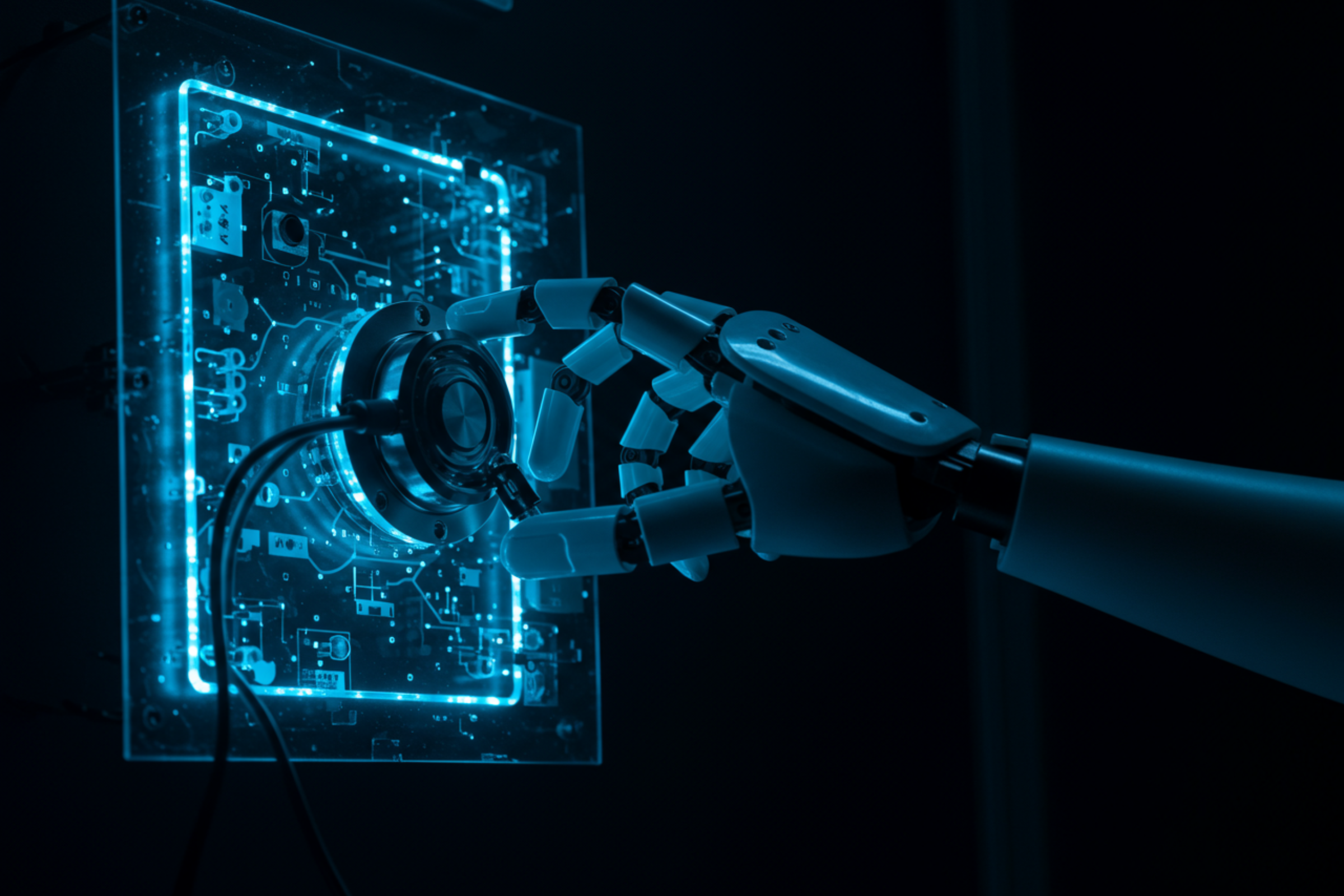
How AI is Revolutionizing the Electrical Industry
Artificial Intelligence (AI) is rapidly reshaping the landscape of countless industries, and the electrical sector is no exception. Once reliant on manual labor, routine schedules, and reactive maintenance, electrical professionals now find themselves at the threshold of a technological revolution. AI’s integration into the electrical industry has not only streamlined traditional processes but also unlocked new levels of efficiency, safety, and customer service.
Unlike conventional methods that often relied on fixed schedules or subjective judgment, AI-driven solutions leverage real-time data and predictive analytics to guide decision-making. These advancements are particularly significant for small business owners and independent contractors, who can now access sophisticated tools to compete with larger firms. From smart grids to advanced diagnostics and automated project management, AI is making it easier to deliver reliable, cost-effective, and high-quality services.
The result is a sector that is more responsive to the needs of clients, better equipped to prevent issues before they arise, and increasingly sustainable in its operations. Whether it’s optimizing energy usage, predicting equipment failures, or enhancing workplace safety, AI’s transformative power is paving the way for a smarter, safer, and more efficient electrical industry. For small businesses, embracing these innovations can mean improved performance, reduced costs, and a stronger competitive edge.
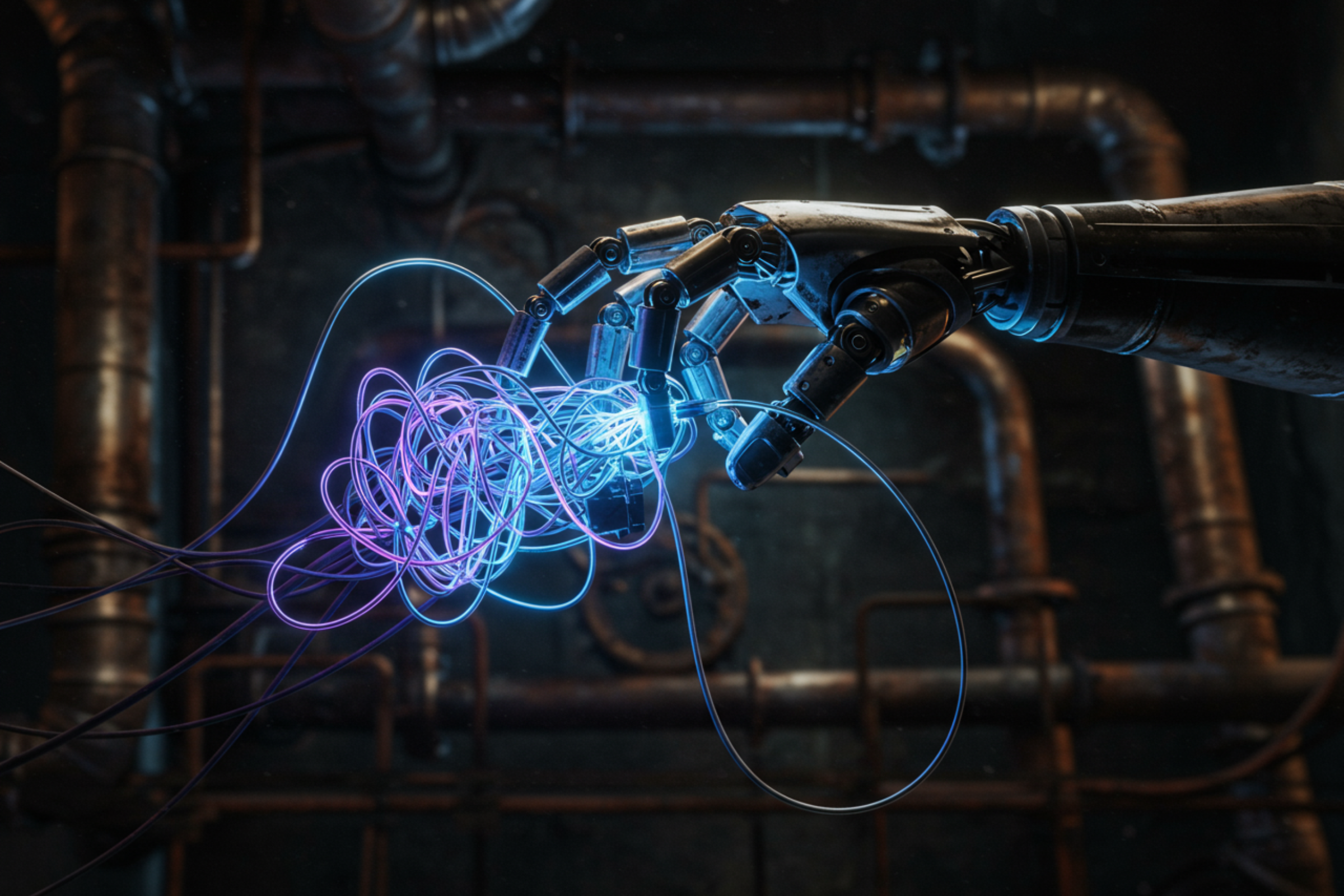
Predictive Maintenance: Minimizing Downtime and Maximizing Lifespan
Maintenance in the electrical industry has historically been a balancing act between reacting to breakdowns and scheduling routine checks that may or may not be necessary. Reactive maintenance often leads to unexpected downtime and higher repair costs, while preventive maintenance can result in unnecessary replacements or labor. AI has introduced a groundbreaking alternative—predictive maintenance.
Using advanced algorithms, AI systems analyze sensor data, historical performance records, and real-time operating conditions to forecast when equipment is likely to require attention. This data-driven approach allows technicians to intervene before a failure occurs, catching potential problems early and addressing them proactively.
The impact of predictive maintenance is profound. Equipment runs more reliably, with fewer unplanned interruptions. The lifespan of machinery and critical infrastructure is extended because repairs are made exactly when needed, rather than too early or too late. Maintenance costs decrease, as resources are allocated precisely where and when they’re required, reducing waste and optimizing labor.
For small business owners and contractors, predictive maintenance powered by AI translates into significant value. They can assure clients of higher reliability, minimize costly downtime, and extend the service life of installations, all while keeping operational costs in check. This shift from guesswork to precision is helping businesses of all sizes deliver better results and build stronger client relationships.
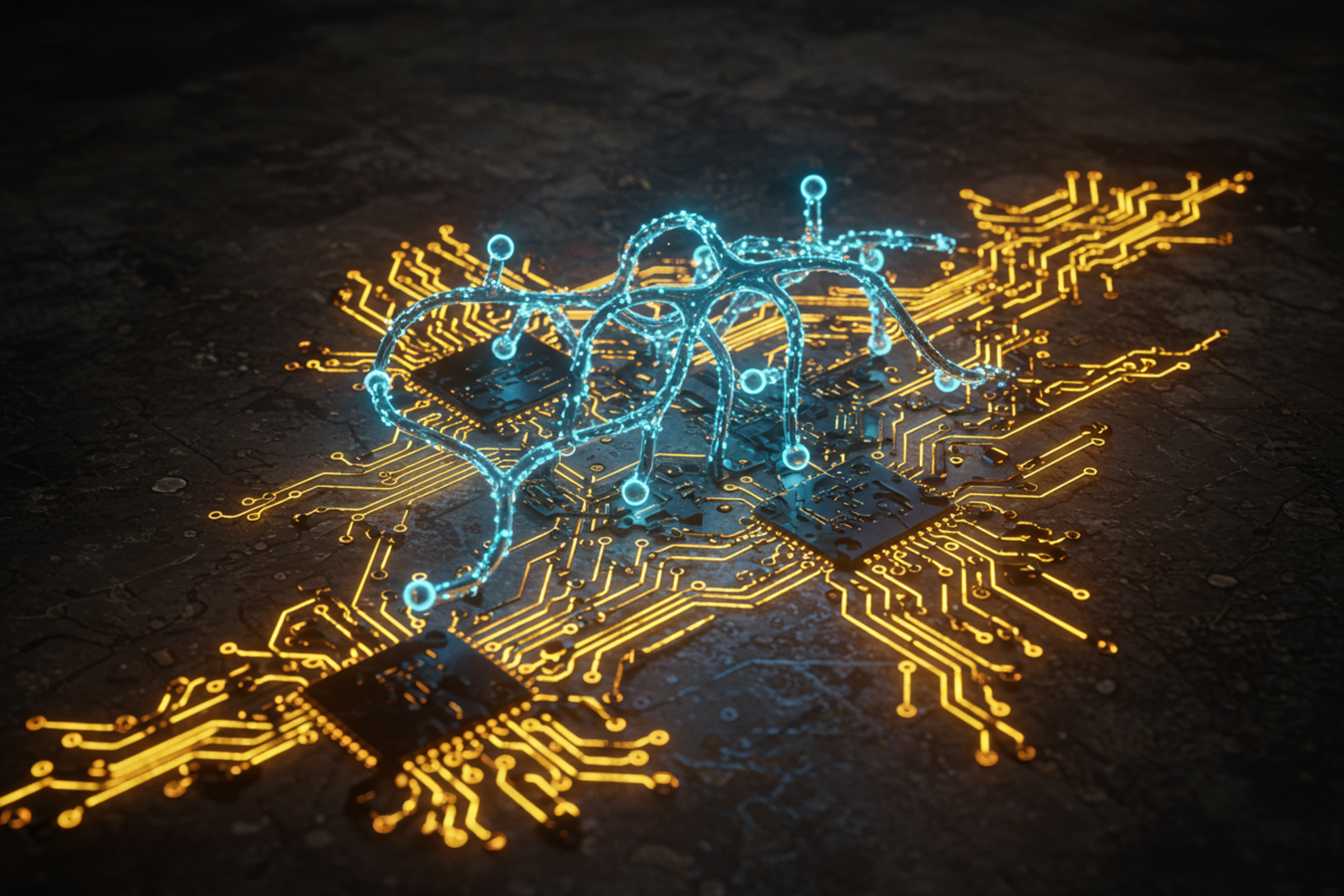
Smart Energy Management: Driving Sustainability and Cost Savings
The drive toward sustainability and cost efficiency has placed energy management at the forefront of the electrical industry’s evolution. AI has become a cornerstone of this transformation, enabling smart energy management systems that optimize how electricity is produced, distributed, and consumed.
AI-powered smart grids analyze vast amounts of data from sensors and meters across the network, accurately forecasting energy demand and identifying the most efficient distribution paths. By understanding usage patterns in real-time, these systems balance loads, prevent bottlenecks, and reduce energy waste. This not only ensures a more reliable power supply but also allows for seamless integration of renewable energy sources such as solar and wind—technologies that can be intermittent without smart management.
For businesses, the financial benefits are immediate and tangible. AI-driven insights help identify opportunities to reduce energy consumption, shift loads to off-peak times, and lower utility bills. Small business owners, in particular, can leverage these technologies to offer their clients solutions that align with environmental regulations and sustainability objectives, strengthening their market appeal.
Ultimately, AI’s role in smart energy management is about more than just savings—it’s about future-proofing operations for an era where efficiency and environmental responsibility go hand in hand. By adopting AI-driven energy solutions, businesses position themselves at the cutting edge of sustainability while delivering greater value to their clients.
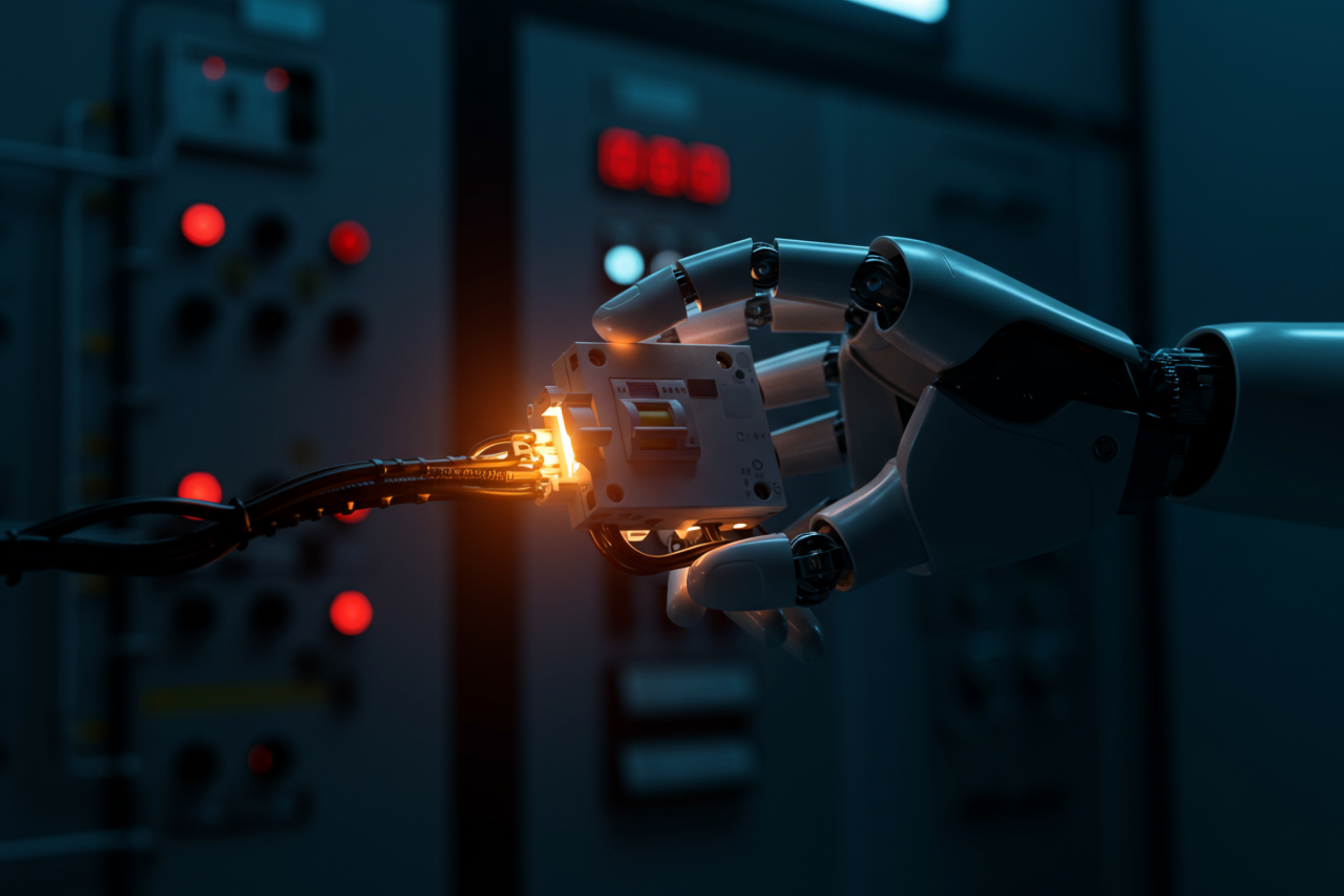
Enhancing Safety with AI-Driven Monitoring and Compliance
Safety is a non-negotiable priority in the electrical industry, where even minor lapses can have serious consequences. AI has introduced a new era of workplace safety by providing continuous, intelligent monitoring of work environments and processes.
AI-powered systems use sensors and cameras to detect hazardous conditions such as exposed wiring, overheating equipment, or unsafe practices. These systems don’t just monitor passively—they actively intervene by alerting workers, supervisors, or even automatically shutting down equipment to prevent accidents. This real-time responsiveness is crucial in reducing the likelihood of injuries and damage.
Another significant advancement is AI’s ability to analyze video feeds, ensuring that workers are wearing proper personal protective equipment (PPE) and following safety protocols. By flagging violations or unsafe behaviors as they occur, AI helps foster a culture of accountability and compliance.
The benefits of AI-driven safety measures extend beyond accident prevention. By minimizing incidents and downtime, businesses can maintain steady operations, avoid costly delays, and build their reputation for reliability and care. For small business owners and contractors, AI-enhanced safety tools provide peace of mind, ensuring that both teams and clients are protected while on the job.
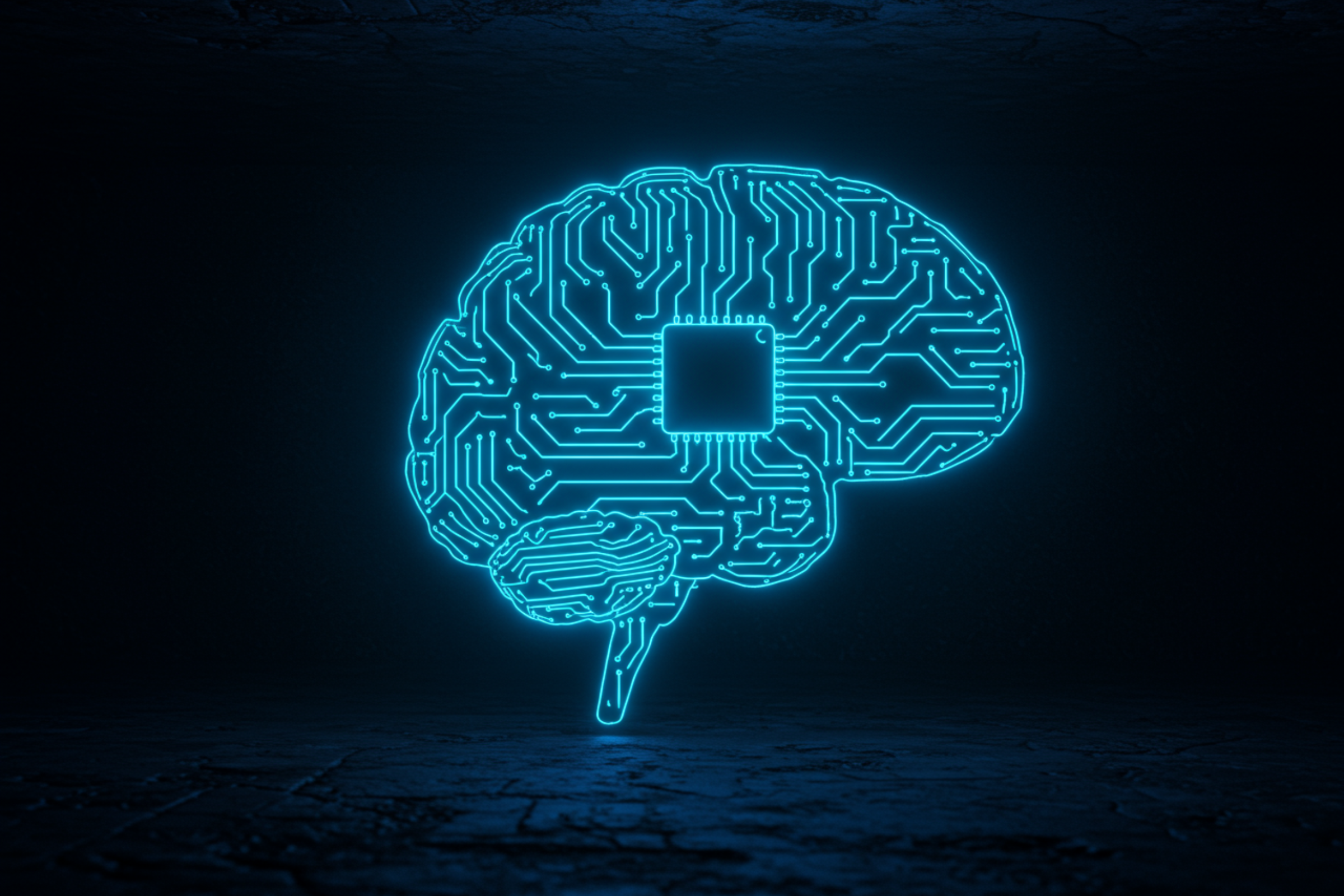
Streamlining Projects: AI in Electrical Design and Management
Managing electrical projects, especially those involving multiple teams and complex requirements, has traditionally been a time-consuming and error-prone process. AI is changing the game by automating many aspects of project management and design, leading to greater efficiency and accuracy.
AI tools handle repetitive administrative tasks such as scheduling, resource allocation, and progress tracking, freeing up valuable time for skilled workers to focus on critical technical tasks. This automation reduces the risk of human error and ensures that projects remain on schedule and within budget—key concerns for both businesses and clients.
Beyond management, AI also supports the design phase of electrical projects. Advanced algorithms can analyze building plans, simulate electrical loads, and optimize layouts for efficiency and safety. This level of precision and foresight helps prevent costly redesigns or delays during construction and installation.
For small business owners, AI-driven project management and design tools level the playing field, enabling them to take on more complex jobs and deliver results that rival those of larger competitors. With streamlined workflows and better control over resources, businesses can increase productivity, reduce costs, and exceed client expectations.
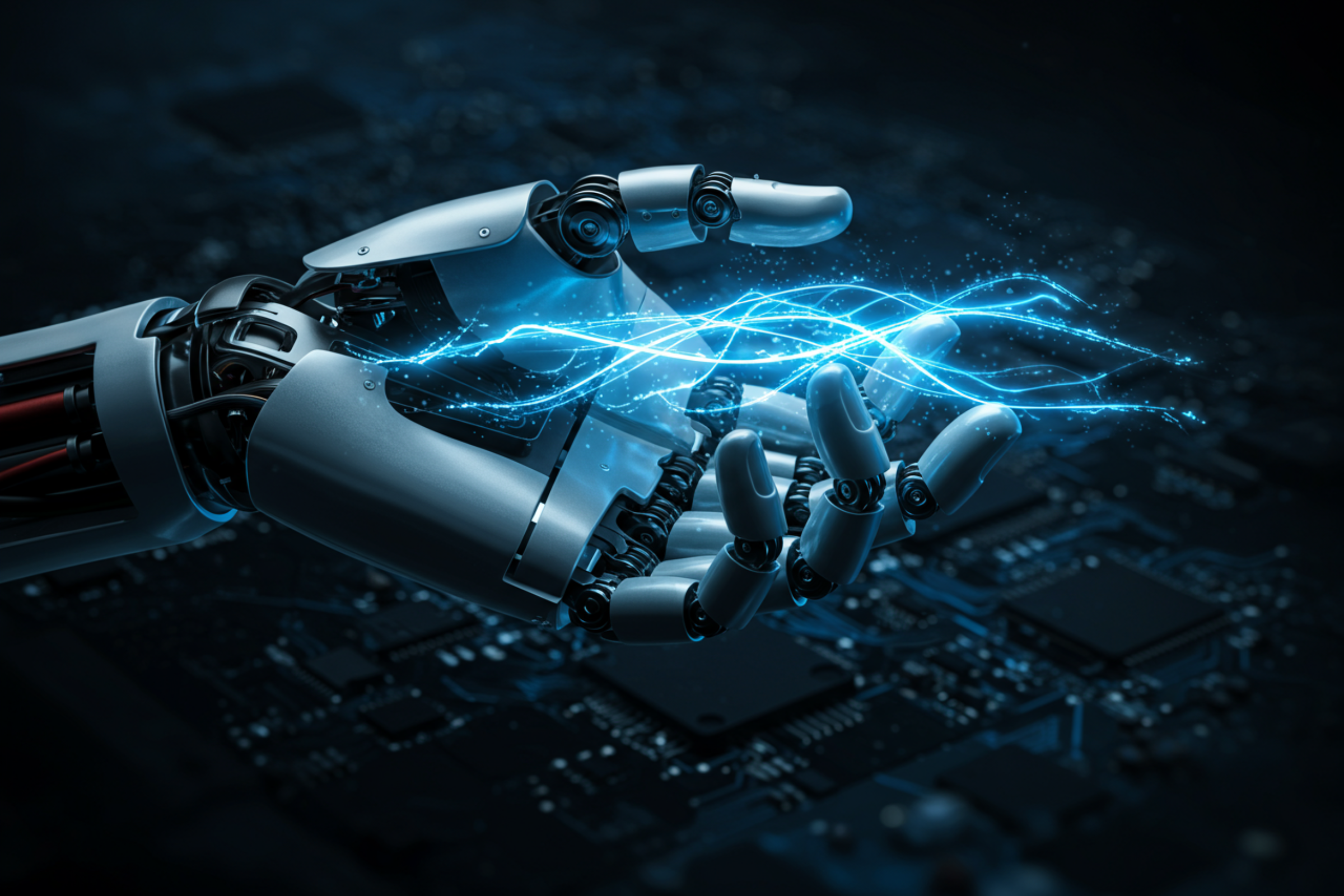
Key Takeaways: The Future of AI in the Electrical Sector
As Artificial Intelligence continues to advance, its influence on the electrical industry will only deepen. AI-enabled solutions are already delivering remarkable gains in efficiency, safety, and sustainability, helping businesses of all sizes operate smarter and more competitively.
The transition from traditional, manual approaches to data-driven, AI-powered processes is opening new doors for small businesses and contractors. By embracing predictive maintenance, smart energy management, advanced safety monitoring, and automated design tools, professionals can offer improved services, reduce costs, and drive innovation in their field.
Staying current with AI developments is crucial for those seeking to maintain a competitive edge. The ability to adapt and integrate new technologies not only enhances operational performance but also positions businesses as leaders in an evolving marketplace.
Ultimately, the future of the electrical industry belongs to those who harness the power of AI—transforming challenges into opportunities and paving the way for a smarter, safer, and more sustainable tomorrow.